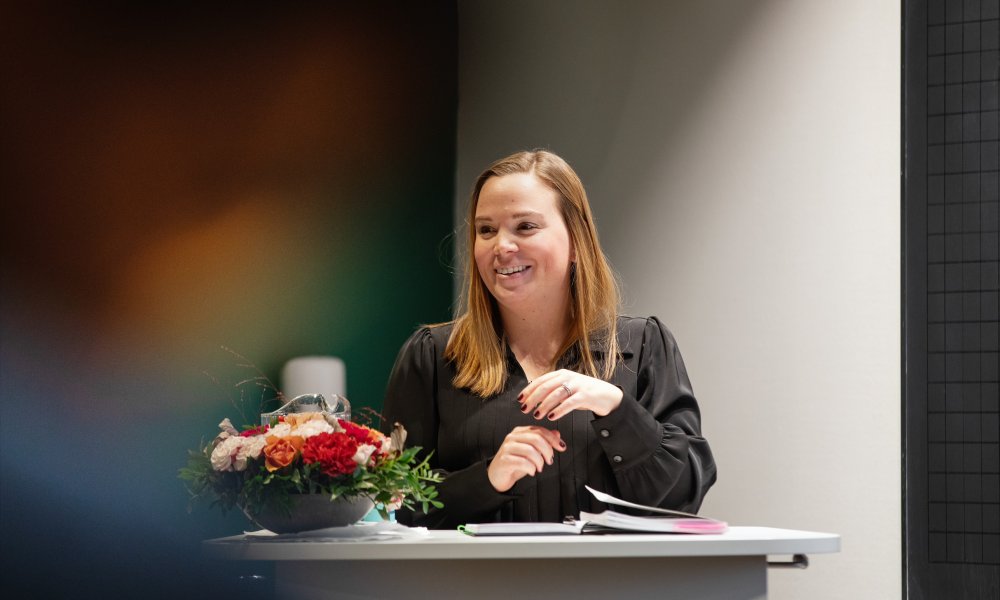I recently travelled to the Norwegian University of Science and Technology (NTNU) in Ålesund to attend a doctoral defence by my former colleague and dear friend, Haley Knudson.
Here are some key takeaways from Haley's red-hot research on sustainability management, published in her PhD dissertation "Multilevel Considerations for Sustainability Management":
- Applying business models for sustainability is a key concept for driving sustainability management.
- Business activities of a firm should be assessed across value chains and in multiple layers of society.
- The CapSEM model (Capacity building in Sustainability and Environmental Management) can help firms categorize sustainability efforts in production, product, management and macro systems like sector or society.
- Changing focal unit perspective away from the firm, and on to its value network, is smart to enable focus on the operational activities of an entity that operates in a multilevel context.
- Stakeholder management should be firmly integrated, to ensure long-term organisational sustainability.
Following the doctoral lecture and defence was a discussion with all participants, including the candidate, opponents, supervisors, colleagues and peers.
This is when the catchy phrase "black swans and wild horses" emerged. It describes markets characterised not only by black swan incidents, defined as an isolated and unpredictable event with severe consequences.
The term "wild horses" can be used to describe several major events of extreme rarity, with adverse implications for financial stability which could have been obvious in hindsight. If you reflect on the covid-19 pandemic, supply chain issues, war in the Ukraine, climate change catastrophes, battling inflation and most recently the war in Gaza – one could be in need for sound frameworks to systematise the chaos to bring back stability in the shock waves that occur when black swans and wild horses have shaken financial markets worldwide.
Although we take a long-term perspective at the Solutions team, we do follow short- and medium-term macroeconomic developments closely. We manage growth-oriented thematic funds, which are influenced by megatrends that, in turn, are dependent on financial investments to drive growth. Some examples of this include renewable energies such as wind and solar, energy efficiency devices and water management systems.
While the focus on macroeconomic context can be unsettling, it is helpful to apply frameworks from academic research, such the ones presented in Ålesund. An excellent rule of thumb for taking action to counter stormy environments is to seek out quality companies. They have thematic exposure, as well as the ability to manage their sustainability efforts relative to the context which they operate, in a multilevel society and across their value chain alongside other industry actors.
Doctoral thesis: Multilevel considerations for sustainability management




